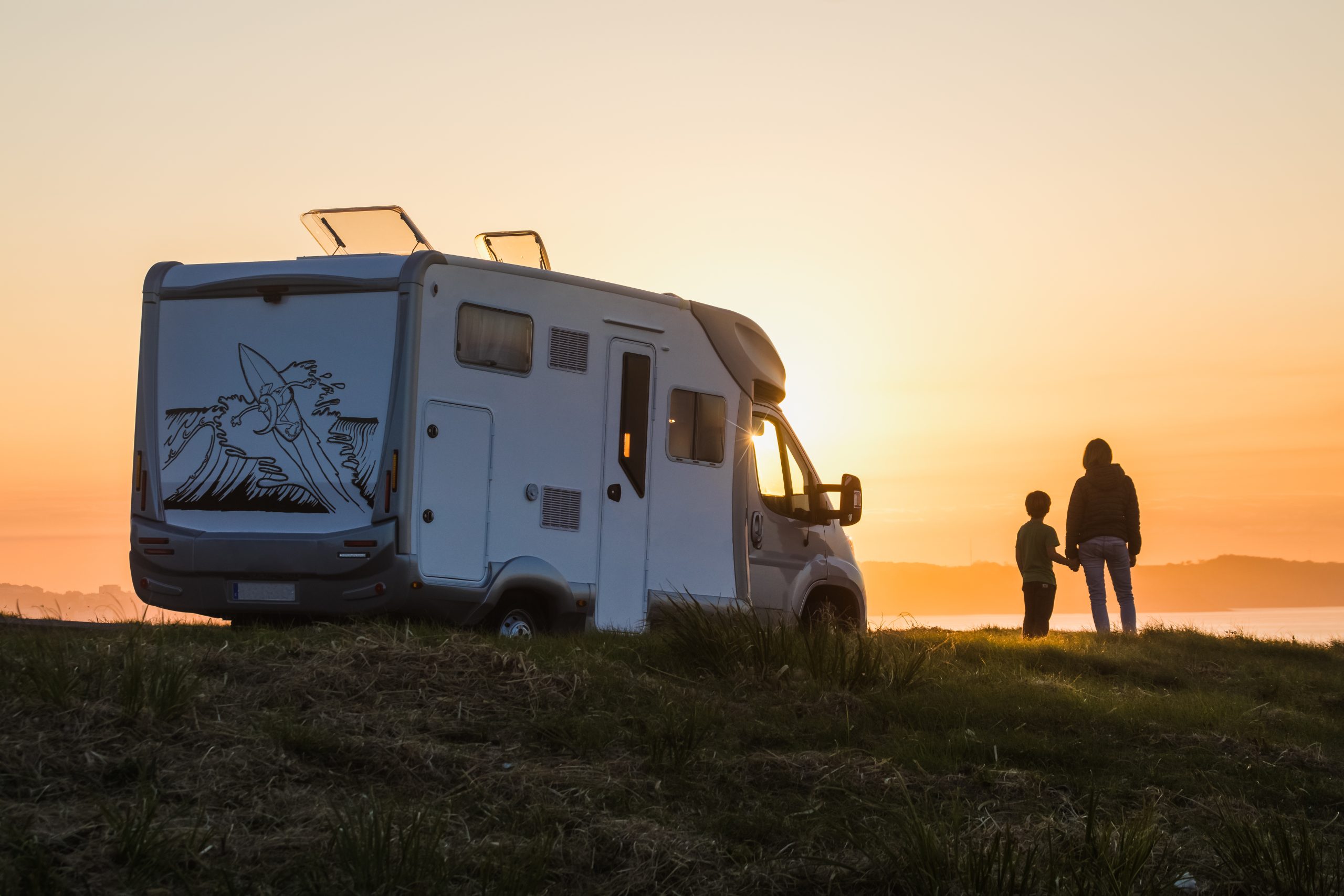Leasing an RV, boat, or powersport vehicle can be a great way to enjoy the lifestyle without the long-term commitment of ownership. But if you’re leasing, your lessor will almost always require you to carry a higher level of coverage than the bare minimum. At Happy Camper Insurance, we specialize in helping outdoor enthusiasts find the best camper insurance for leased vehicles—so you can meet your lessor’s requirements while still keeping your premiums manageable.
What Insurance Do You Need for a Leased RV, Boat, or Powersport Vehicle?
Just like leasing a car, leasing a recreational vehicle comes with insurance obligations. Here’s what you’ll typically need:
State-Required Liability Insurance
Every state requires basic liability insurance, which covers bodily injury and property damage if you’re at fault in an accident. For RVs and boats, this ensures medical bills, lost wages, or property damage caused to others are taken care of.
Full Coverage
If you lease an RV, boat, or ATV, the leasing company will almost always require full coverage. This includes:
- Collision coverage: Pays for damages if you collide with another vehicle, dock, or object—even if it’s your fault.
- Comprehensive coverage: Protects against non-collision damages such as theft, vandalism, flooding, or storm damage. This is especially critical for boats exposed to weather risks or RVs parked in storm-prone regions.
Gap Insurance
Gap insurance may also be required. Imagine your leased camper is totaled in a storm, but you still owe more on the lease than the RV is worth. Gap insurance covers that difference so you’re not left paying thousands out of pocket. The same principle applies to boats and powersport vehicles, which can depreciate quickly.
Why Is Insurance More Expensive on Leased Vehicles?
Leased vehicles often come with stricter insurance requirements to protect the lessor’s financial interest. That means higher coverage limits and more add-ons like gap insurance. While these protections increase your monthly premium, they also provide peace of mind—especially if you’re traveling in a high-risk area or keeping your vehicle near water.
On average, full coverage for a leased vehicle is more expensive than coverage for one you own outright. For RVs and boats, the monthly premium depends on the type of vehicle, where it’s stored, and how frequently it’s used. Still, the extra protection is worth it when you consider the financial risks of underinsurance.
How to Save on Leased RV, Boat, and Powersport Insurance
While leasing requires more coverage, you still have options to save. Here are three proven strategies:
- Raise Your Deductible (Within Limits)
A higher deductible lowers your monthly premium. But remember, leasing companies sometimes set maximum deductible limits, so check your contract before adjusting. - Bundle Your Policies
At Happy Camper Insurance, we reward bundling. If you lease both an RV and a jet ski, or pair your recreational coverage with your homeowners or renters policy, you can unlock meaningful discounts. - Ask About Discounts
Safe driving programs, telematics, and multi-vehicle discounts are often available for recreational policies. These can help bring down costs while still meeting lessor requirements. - Shop Around
Insurance rates vary widely between providers. Our team compares multiple carriers to find you the best camper insurance package for your needs, ensuring you never pay more than you have to.
Why Choose Happy Camper Insurance?
Leasing an RV, boat, or powersport vehicle should be exciting—not stressful. At Happy Camper Insurance, we help you navigate the fine print of lease requirements while customizing your coverage to fit your lifestyle and budget. Whether you need full coverage, gap protection, or a multi-vehicle bundle, we’ll make sure you’re getting maximum value.If you’re leasing your next adventure vehicle, don’t settle for generic coverage. Contact Happy Camper Insurance today to explore your options and secure the best camper insurance for your needs—so you can focus on the open road, open water, and open trails ahead.


